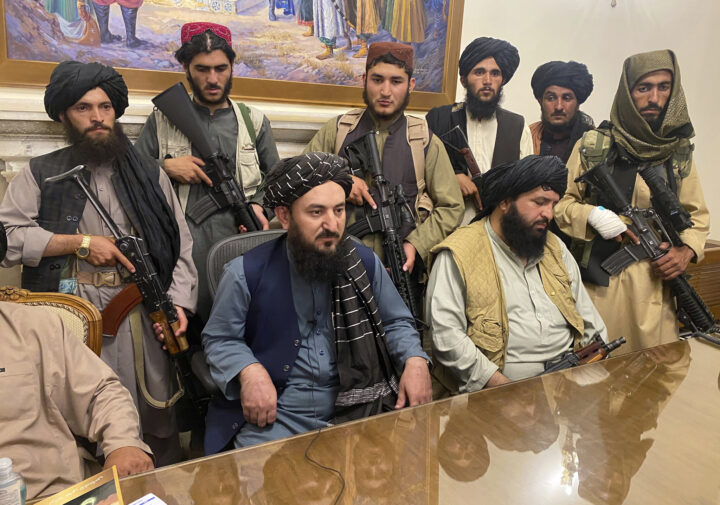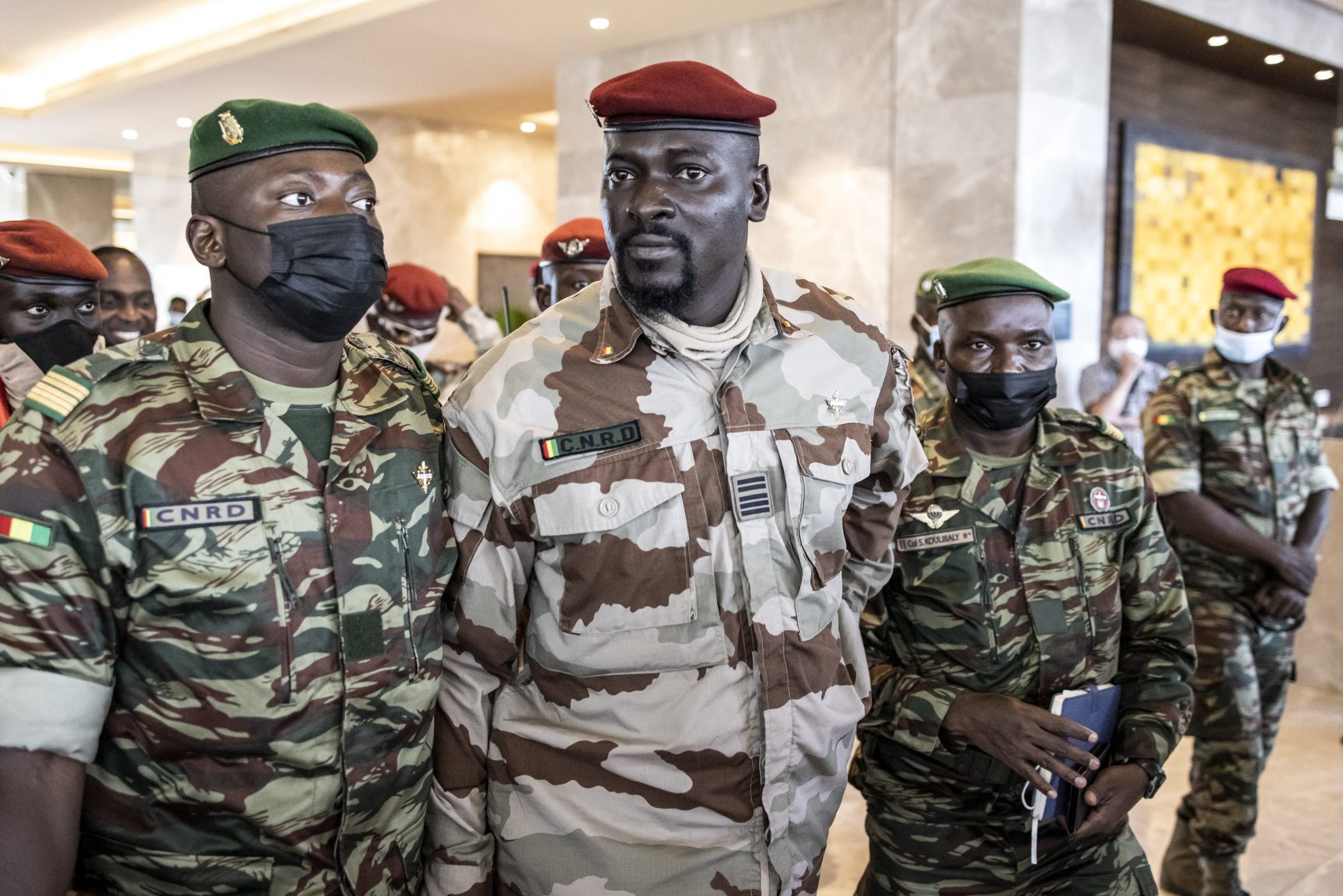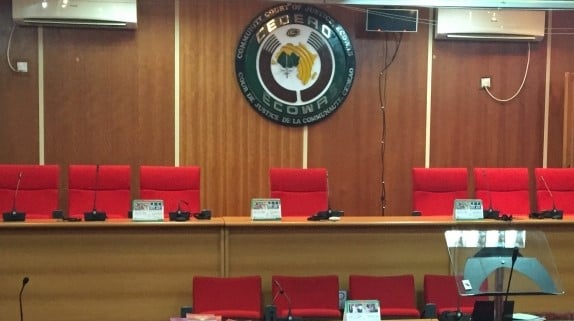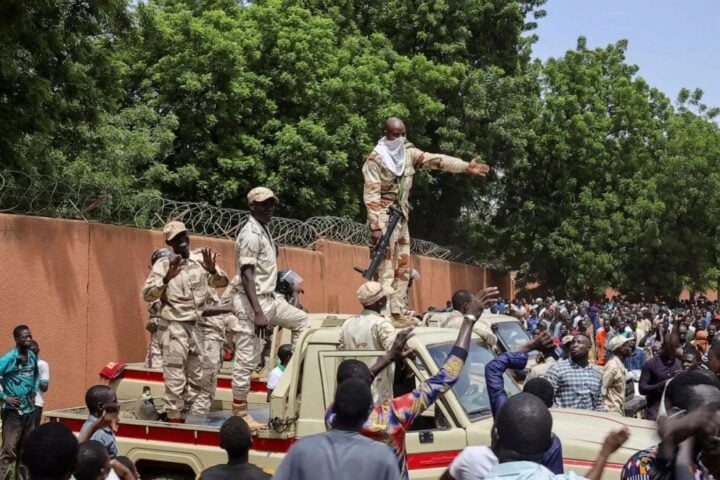Taliban fighters take control of Afghan presidential palace after the Afghan President Ashraf Ghani fled the country, in Kabul, Afghanistan, Sunday, Aug. 15, 2021. (AP Photo/Zabi Karimi)
The United Nations (UN) has reiterated its stance on not recognising the Taliban as the official government in Afghanistan.
António Guterres, UN secretary-general, spoke to journalists on Monday during the opening of a two-day meeting with regional and national special envoys for Afghanistan.
Guterres said there was consensus among delegates over what needs to happen, although the Taliban are not taking part.
Since the Taliban seized power in 2021, no government has officially recognised the sect as the official power in Afghanistan.
Advertisement
The sect has banned female education and also imposed other extreme laws labelled by the UN as “gender apartheid”.
The Taliban said the bans are a domestic matter and rejected criticism as outside interference.
Guterres said the UN had extended an invitation for Taliban authorities to participate in the two-day meeting following their exclusion from the first meeting in May.
Advertisement
He added that the group presented a set of conditions for its participation “that were not acceptable”.
“These conditions first of all denied us the right to talk to other representatives of the Afghan society and demanded a treatment that would, I would say, to a large extent be similar to recognition,” Guterres said.
“Obviously it would be better if we would also have the opportunity after the meeting … to discuss our conclusions with the de facto authorities. It did not happen today, it will happen in the near future.”
The UN chief added that the meeting was beneficial, adding that all participants were centred on the prospects of “an Afghanistan in peace, peace with itself and peace with its neighbours”.
Advertisement
He said participants were also able to assume the commitments and the international obligations of a sovereign state.






